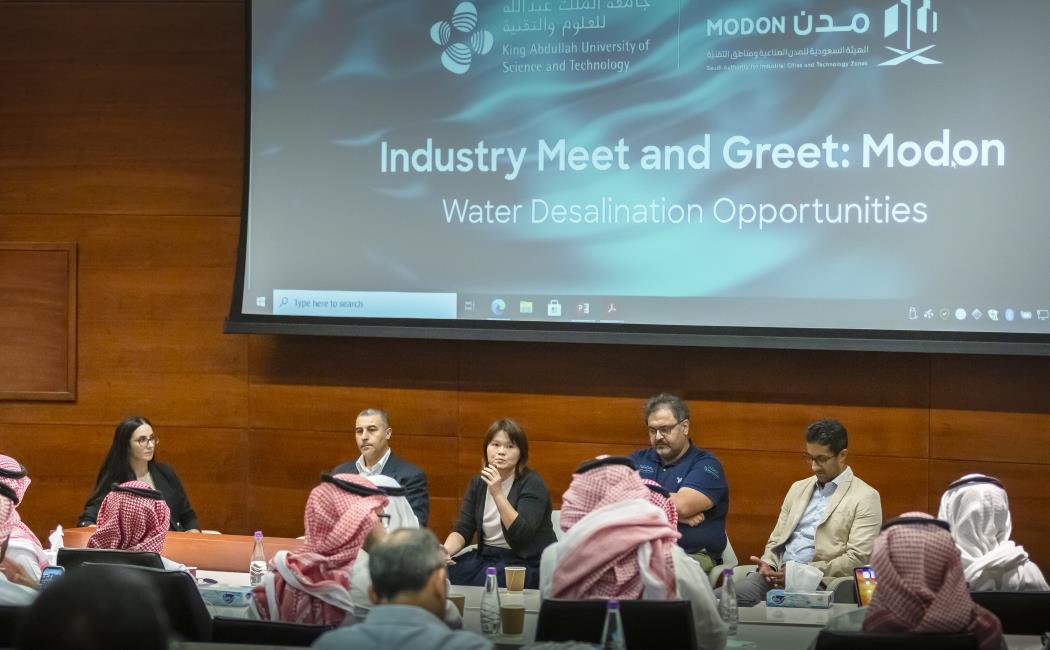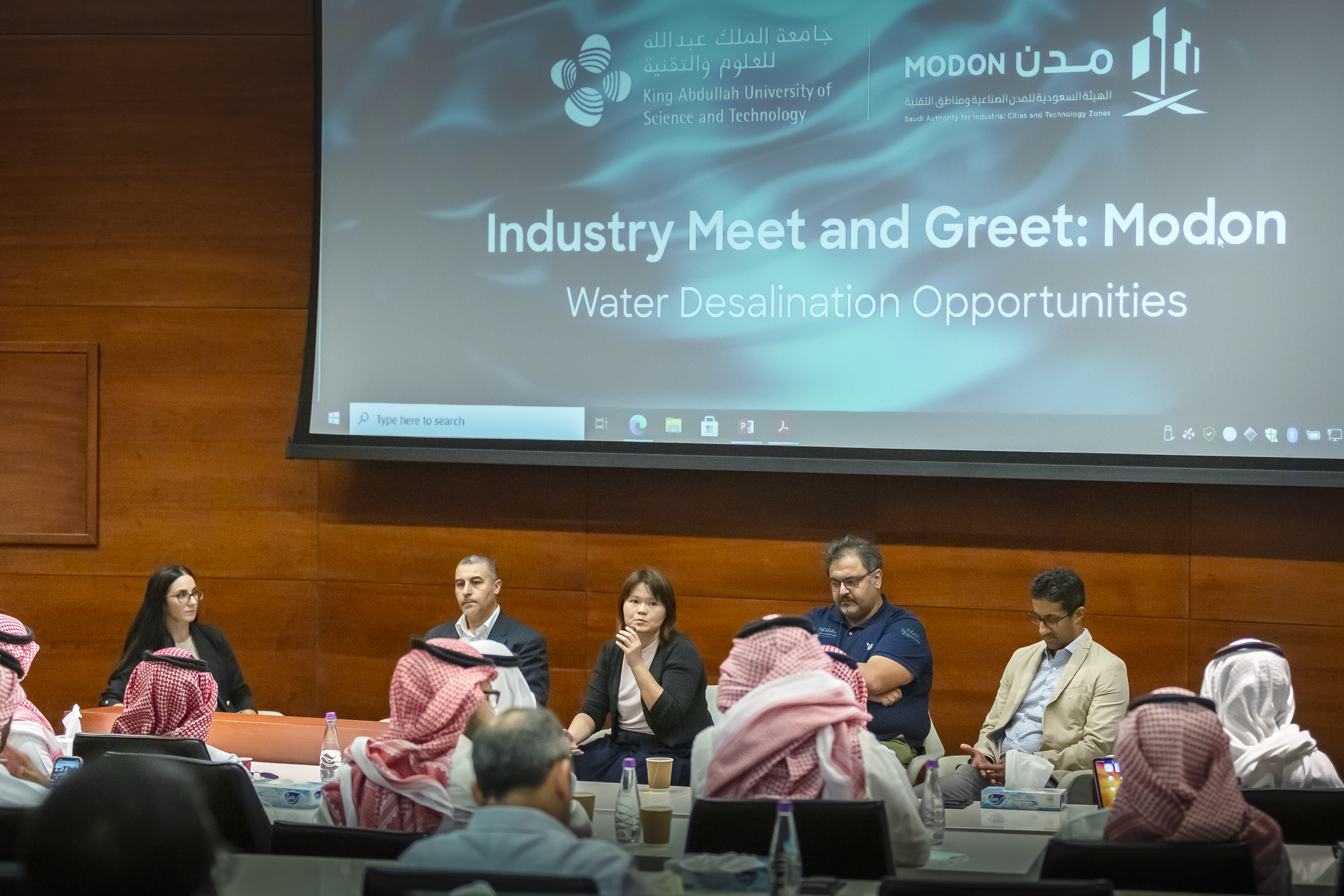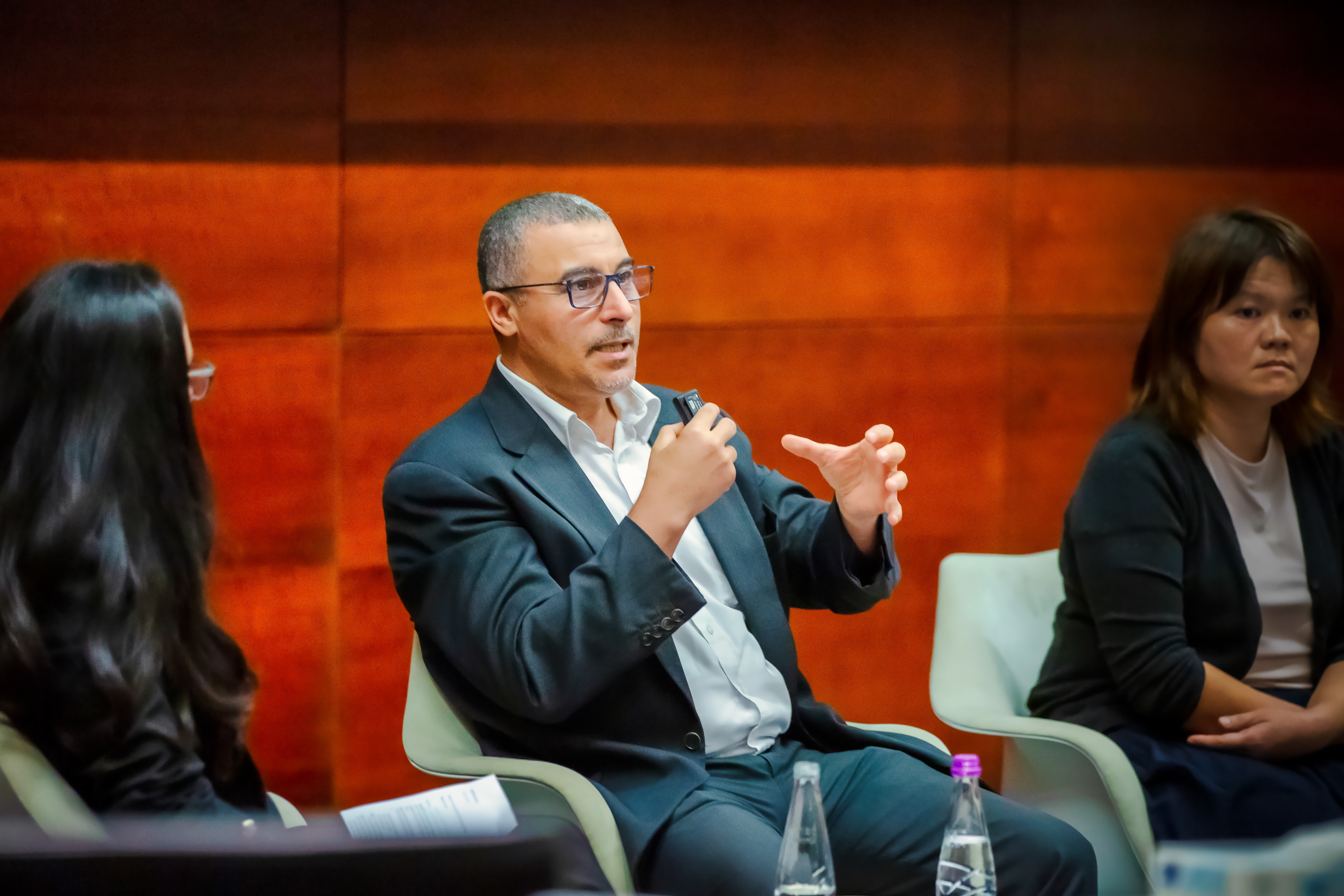


29 May, 2022

"Water is a precious commodity," stated Dr. Peiying Hong. “Knowing who are the end-users of reclaimed water will allow us to tailor the extent of wastewater treatment to avoid overtreatment and unnecessary energy loss. Having said that, industrial wastewater differs from municipal ones, and the composition of contaminants in industrial wastewater can increase the extent of challenge to clean them for safe reuse."

One of the main concerns with industrial wastewater is its complex composition, e.g. high concentration of total dissolved solids (TDS) and heavy metals, which lowers its potential for reuse in landscaping irrigation. Reverse osmosis can reduce the TDS in industrial wastewater. However, investing in reverse osmosis purification entails significant energy, capital and operational costs. In order to choose the right approach, the question that needs to be asked is whether industrial wastewater can be partially treated to a level safe enough to be blended with groundwater or other water sources prior to reuse. As an example, in some countries mixing treated wastewater with desalination by-product (brine) is considered as an option for landscaping purposes. In a country such as Saudi Arabia, which is the largest producer of desalinated water in the world, Dr. Noreddine Ghaffour, an expert in developing novel energy-saving water desalination processes, stated "brine is wealth, not waste."

Another challenge is the volume of sludge produced by the current sewage treatment plants. In addition to the cost incurred to dispose large volumes of sludge, these sludge accumulates high concentration of contaminants such as heavy metals and pathogens. Being able to lower the sludge volume to a minimum and reusing the treated sludge would be the best outcome. Today, sustainable technologies (for example, anaerobic based technologies) have proven to be efficient in reducing sludge volumes and stabilizing microbial activity within sludge. However, there is still an urgent need to identify new technologies to remove heavy metals and other emerging contaminants from sludge prior to reuse.
Judicious water use and maximizing resource recovery from our water and wastewater streams are collectively important in achieving water security. The Water Desalination and Reuse Center in collaboration with Saudi and international stakeholders aims to research and develop more efficient, innovative, and sustainable technologies for water desalination, wastewater treatment and water reuse from impaired water sources.